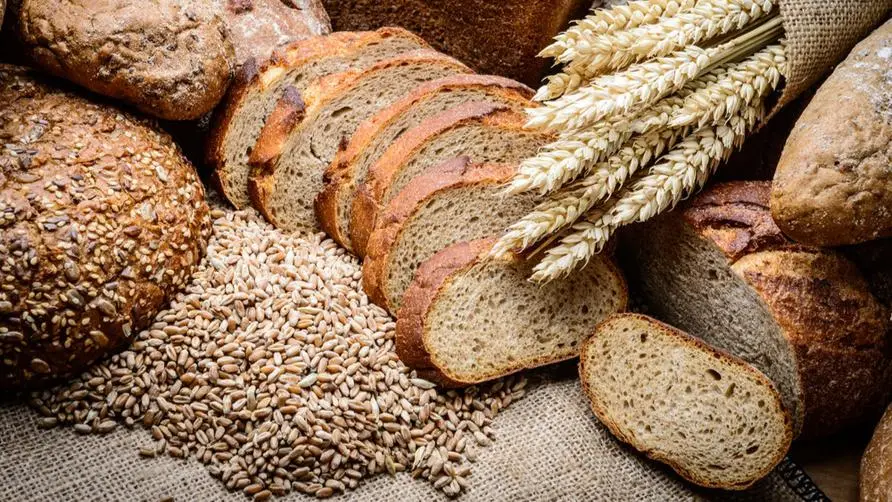Can fiber intake reduce blood pressure and prevent dementia? Experts urge you to eat more "4 kinds of foods"

What benefits can eating more high-fiber foods bring to your body? Adequate fiber intake can maintain a healthy intestinal environment, avoid obesity and significantly reduce the risk of various diseases. Previous studies have pointed out that eating more fiber is beneficial to reducing cardiovascular disease and can prevent diabetes and cancer. The latest research published in “Nutritional Neuroscience” shows that adults taking in enough fiber can reduce the risk of dementia in old age. .
What are the health benefits of eating more fiber? Can lowering blood pressure, diabetes risk and prevent dementia?
The University of Tsukuba in Japan recruited about 3,700 healthy adults aged 40-64. After they completed 16 years of regular dietary surveys, researchers conducted random interviews with the subjects for 20 years. The study found that subjects who consumed the most fiber daily had the lowest risk of developing dementia, while those who consumed the least fiber were more likely to suffer from brain-related diseases. Specifically, the low-risk group consumed an average of 20 grams of fiber per day, while the high-risk group only consumed 8 grams.
Study author Kazumasa Yamagishi speculates that several mechanisms may be at play. For example, a diet rich in fiber can help reduce weight and blood pressure, prevent blood flow to the brain from decreasing, and thus prevent “vascular dementia”; in addition, Fiber increases good bacteria in the intestines, may improve communication channels along the “brain-gut axis” and reduce inflammation in the brain.
Fiber not only has the potential to improve brain health, but a meta-analysis published in the British Medical Journal reviewed data from 185 prospective studies and 58 clinical trials and found that compared with people who consume less fiber, Participants who consumed 25 to 29 grams of fiber per day had significantly lower blood pressure and a 15% to 30% lower risk of death from diabetes, cardiovascular disease, or colorectal cancer.
How do you usually add more fiber? Expert: Replace snacks with fruits, vegetables and whole grains
If you usually eat too little fiber, how can you make up for it during meals or snacks? Stacey Nelson, a clinical nutritionist at Maryland General Hospital of Harvard University in the United States, said that fiber is mostly found in prototype foods. Therefore, adding high-fiber foods to meals or snacks in moderation will not only make you feel full, but also consume less calories. The burden on the body is relatively light. Nelson pointed out that if people usually do not consume enough fiber, they can supplement it through the following methods:
Replace snacks with fruits and vegetables. Nelson recommends using fruits and vegetables instead of processed foods such as potato chips and biscuits. If you think the simple fruits and vegetables are bland and not enough to satisfy your taste buds, you can pair them with yogurt or Japanese sauce to enhance the flavor. In addition, you can also beat fruits and vegetables with seeds into juice, 1-2 cups a day and avoid adding extra sugar.
Replace refined starches with whole grains. For starchy foods such as bread, cereal or pasta, you should give priority to types made from whole wheat or whole grains. Compared to refined grains, whole grains contain more fiber, protein, and antioxidants, and less artificial colors and flavors.
Eat more beans and nuts. Nelson said that if you have the habit of eating snacks, you can eat nuts such as almonds, walnuts and pistachios, which contain high fiber and high nutrients; edamame, peas and green beans can also be added to soups and salads to enjoy. Add more dietary fiber.
Add seeds to meals. Nelson suggests that you can add appropriate amounts of sunflower seeds, flaxseeds and sesame seeds to breakfast cereals, rice, noodles and other staple foods to make up for the lack of dietary fiber in refined starches and promote better gastrointestinal motility.
Source:
Eating more fiber linked to reduced risk of non-communicable diseases and death, review finds
Further reading:





